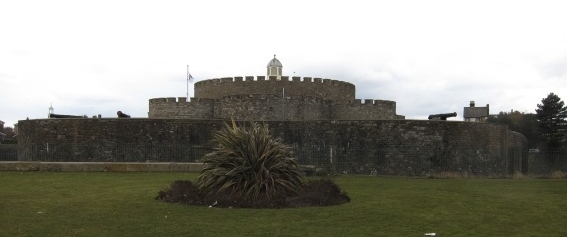The Exeter Conspiracy
Chapter 4 : Fear of Invasion
In October 1536, the major uprising, known as the Pilgrimage of Grace, broke out. Montague and Geoffrey acted in accordance with their duty, bringing 200 men and 20 respectively to the King's forces.
By early 1537, the immediate danger was averted but the political mood remained tense and there were still worries over the succession, and very real concern about a foreign invasion. It was during this period that Henry began strengthening England's coastal defences with structures such as Deal, Dover and Portchester Castles.

This requirement for huge sums was another nail in the coffin of the monasteries. Vast stores of wealth were locked up in the shrines and relics that could be put to better use defending the realm. Even with this vast accession of wealth Henry's spending outran his income.
The fear of foreign invasion was given further impetus by the signing of the Treaty of Nice in July 1538 between Francois I of France and Emperor Charles V. Reginald Pole was involved in the negotiations, and the treaty was seen, in part, as preparation for an invasion of England.


